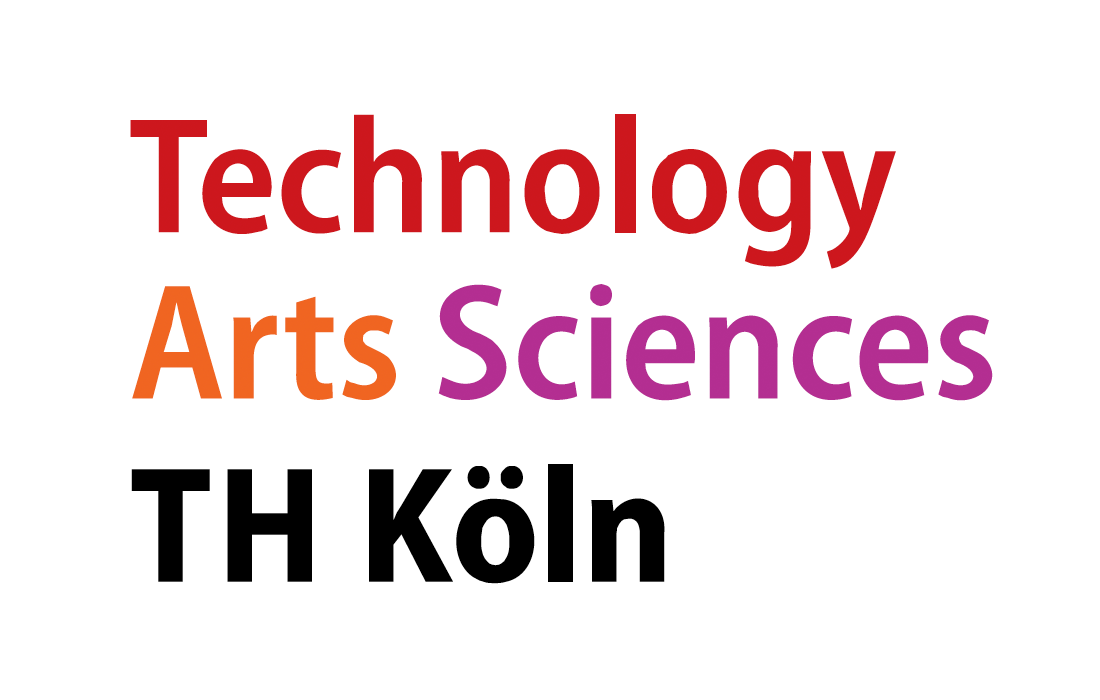Mapping to Focus Areas
Below, you find the module's mapping to the study program's focus areas. This is done as a contribution to all relevant focus areas (in ECTS, and content-wise). This is also relevant for setting the module in relation to other modules, and tells to what extent the module might be part of other study programs.
| Focus Area |
ECTS (prop.) |
Module Contribution to Focus Area |
| Architecting and Coding Software |
1 |
Design und Implementation von auf die Bedürfnisse der Nutzer*innen angepassten User Interfaces.
|
| Designing Innovations and Products |
4 |
Das Modul fokussiert auf neue Technologien und innovative Produkte, die dadurch ermöglicht werden. Dabei vermittelt das Modul ein forschungs-orientiertes Vorgehen und liefert damit eine Basis für Innovation im Bereich allgegenwärtiger Technologien.
|
| Managing and Running IT |
1 |
Das Modul bildet Kompetenzen zur forschungs-basierten Erkundung neuer IT-Technologien.
|
Learning Outcome
Ubiquitous Computing (dt. etwa: Allgegenwärtigkeit digitaler Informationsverarbeitung) ist ein technologisches Paradigma, das von einer fortschreitenden Durchdringung unseres Alltags mit digitalen informationsverarbeitenden Einheiten ausgeht.
Nach der Teilnahme am Modul können die Studierenden selbstständig und forschungs-orientiert Systeme des Ubiquitous Computing entwickeln, indem sie im Modul
- eine forschungs-orientierte Fragestellung für ein Projekt definieren,
- ihr Projekt in Bezug setzen zu wissenschaftlicher Literatur,
- ein eigenes System entwickeln, das einen forschungs-orientierten Beitrag liefert,
- Computing in alltägliche Gegenstände, industrielle Werkzeuge and sonstige sie umgebende Dinge integrieren,
- entstehende Phänomene solcher UbiComp Systeme reflektieren und studieren,
- und ihre Ergebnisse als Publikation aufbereiten und präsentieren.
Dies versetzt die Studierenden in die Lage, später eigene forschungs-orientierte Projekte im Studium (bspw. Masterthesis, Guided Project) oder der industriellen Forschung und Entwicklung zu realisieren – insbesondere im Kontext von Ubiquitous Computing (bspw. IoT, Smart X, Physical Computing, Tangible Computing).
Module Content
- Three Eras of Computing
- Foundations of Ubiquitous Computing
- Ubiquitous Computing Terminology
- Today’s Ubiquitous Computing
- Context and Context-awareness
- Related trends and current topics
- Lectures and seminars
- Project and lab work
Learning Material Provided by Lecturer
- Material and slides of lectures
- Literature for seminars
- Material and hardware for developing prototypes
Literature
- Mattern, Friedemann: Die Informatisierung des Alltags. Springer, 2007 (eBook aus Hochschulnetz verfügbar).
- Poslad, Stefan: Ubiquitous Computing: Smart Devices, Environments and Interactions. Wiley, 2009 (eBook aus Hochschulnetz verfügbar).
- Krumm, John: Ubiquitous Computing Fundamentals. CRC Press, 2010.
Chalmers, Dan: Sensing and Systems in Pervasive Computing. Springer, 2011.
- Weitere wissenschaftliche Publikationen werden in der Veranstaltung behandelt
